Professor Tran Hong Quan, former Minister of Education and Training, passed away on the afternoon of August 25 at Military Hospital 175 , Ho Chi Minh City, at the age of 87.
The funeral of Professor Tran Hong Quan was held with high-level funeral rites. The visitation will start at 11:00 a.m. on August 27 at the Southern National Funeral Home (Go Vap District).
Professor Tran Hong Quan is from My Quoi commune, Nga Nam district, Soc Trang province. He is a former member of the Party Central Committee, term VI, VII, VIII; former Secretary of the Party Committee, Minister of Education and Training; former Deputy Head of the Central Committee for Mass Mobilization.
He was a lecturer at Hanoi University of Technology in 1961. In 1975, he became head of the Faculty of Mechanical Engineering at Ho Chi Minh City University of Technology and became principal from 1976 to 1982.
From 1987, he was Minister of the Ministry of Universities - Vocational Secondary Schools and Vocational Training, later the Ministry of Education and Training, until 1997. After retiring, he founded and became Chairman of the Association of Vietnamese Universities and Colleges for the period 2005-2021, then Chairman of the Advisory Board for the association until now.
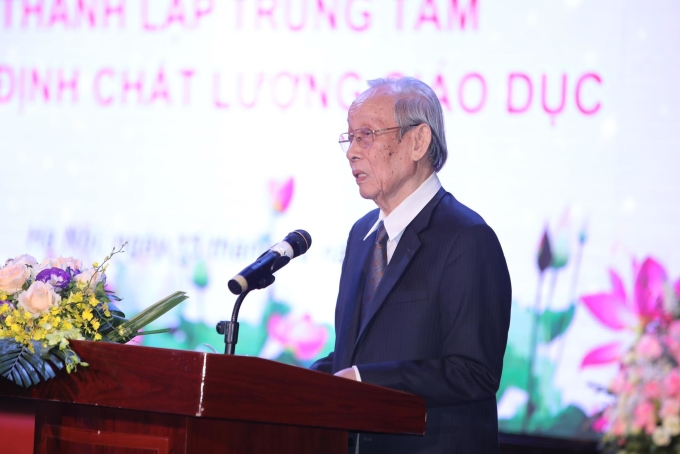
Professor Tran Hong Quan. Photo: Thuy Linh
Having been a close associate for more than 30 years, Associate Professor Tran Xuan Nhi, Permanent Vice President of the Association and former Deputy Minister of Education and Training, said that Professor Tran Hong Quan has devoted his whole life to education, always concerned with developing Vietnamese higher education.
"This is an irreparable loss for the Association and a great sadness for educators like us," Associate Professor Tran Xuan Nhi shared.
Professor Quan has introduced very fundamental policy changes, creating a breakthrough in the country's education, according to Mr. Nhi's assessment.
First of all, we must mention the program of building a system of ethnic boarding schools and decentralizing teacher training colleges. Each province has a teacher training college to train teachers from kindergarten to junior high school, while universities train teachers of high school and higher levels.
"In the last decade of the 20th century, the development of the ethnic boarding school system in mountainous areas was considered the most beautiful flower of Vietnamese general education," said Mr. Nhi.
Associate Professor Nhi said that as soon as he became Minister, Professor Quan especially supported the trend of opening non-public universities. With that support, in 1988, Thang Long University was the first non-public university to be established with Ms. Hoang Xuan Sinh as principal. After that, a series of other private universities were established such as Duy Tan, Binh Duong, and Hai Phong.
"Professor Quan believes that public and non-public universities are like the wings of a bird, so both sides need to be focused on development," Associate Professor Nhi recalled.
Professor Tran Hong Quan has proposed four innovative premises to help the university education system approach market mechanisms and socialization.
These are universities that both recruit students according to the state's quota and expand to serve society in order to exploit their full capacity. The school is allowed to collect tuition fees according to state regulations. Tuition fees and legitimate income are used by the school autonomously and transparently without having to be included in the budget.
Third, the state scholarship fund, instead of only providing for policy students, will have an additional portion for scholarships to encourage learning. Finally, the Ministry will publicly allocate the budget to schools, eliminating the Ministry's reserve portion that is often used according to the request-grant mechanism.
Professor Quan also encouraged universities to switch from training by year to credits and modules. In addition, the Ministry advocates gradually expanding management decentralization, moving towards self-governing schools.
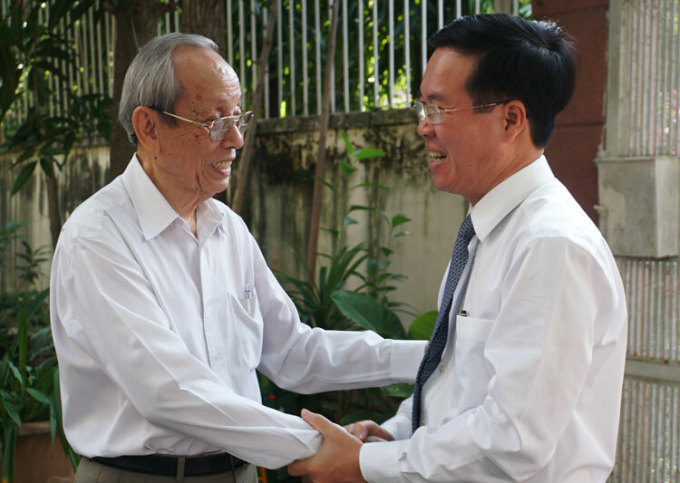
Professor Tran Hong Quan (left) received Mr. Vo Van Thuong on his visit on Vietnamese Teachers' Day 2019. Photo: Manh Tung.
A groundbreaking reform proposed by Professor Quan, according to Associate Professor Nguyen Thien Tong, former Head of the Department of Aeronautical Engineering, Ho Chi Minh City University of Technology, was the policy of electing principals at all universities in 1989. All lecturers, staff, and student representatives were allowed to participate in electing the principal. Lecturers and staff who had worked for more than 5 years were counted as one vote each, and those who had worked for less than 5 years were counted as half a vote. Student representatives were given a certain percentage of votes.
Each school usually has four candidates, who take turns explaining and discussing their views, educational policies, and management with each faculty to win votes. Associate Professor Tong assessed that the elected principals at that time were all excellent in their expertise and administration. Professor Quan's policy of electing principals created an enthusiastic, democratic atmosphere, promoting development in universities, but unfortunately it was not continued later.
"It can be said that Professor Quan is the one who introduced many important policies, promoting innovation in university education so that schools can have the shape they have today," Associate Professor Tong said.
Le Nguyen
Source link



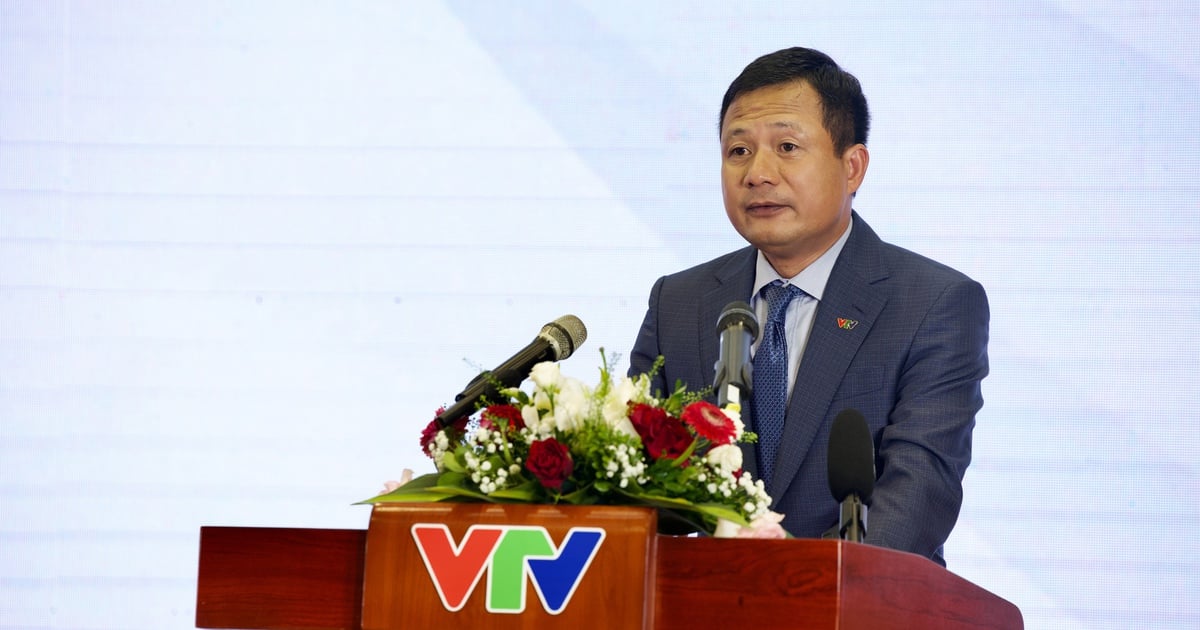
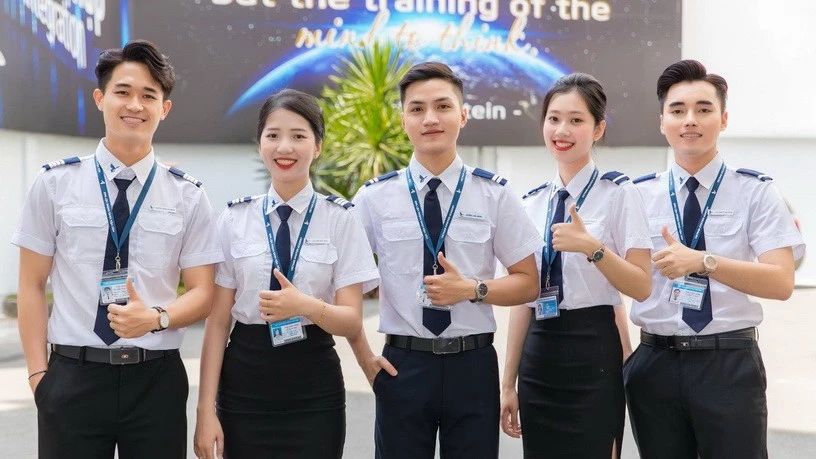
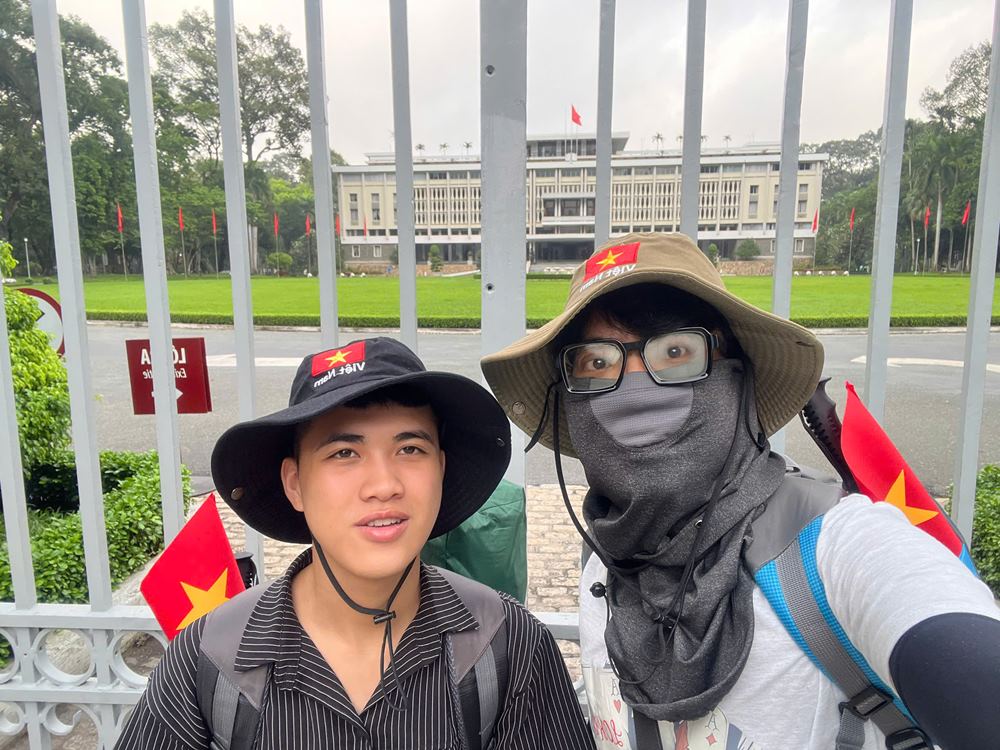
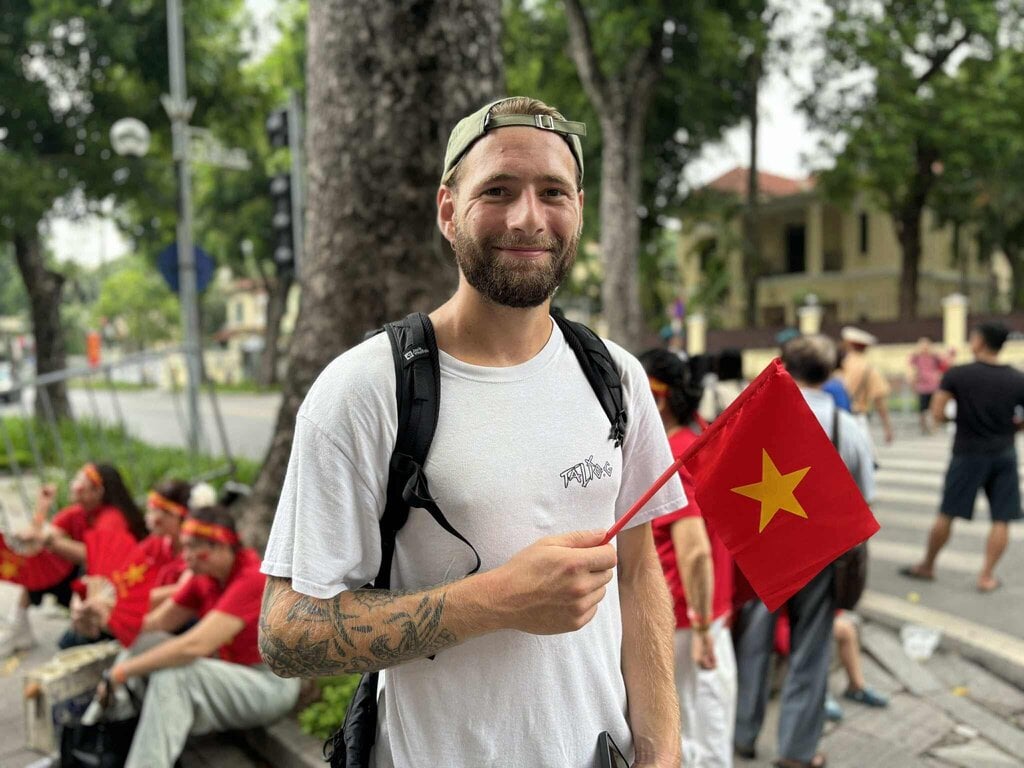
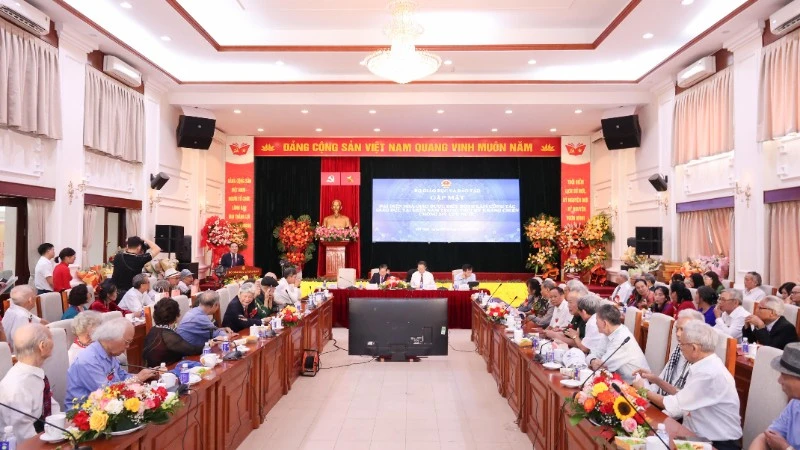
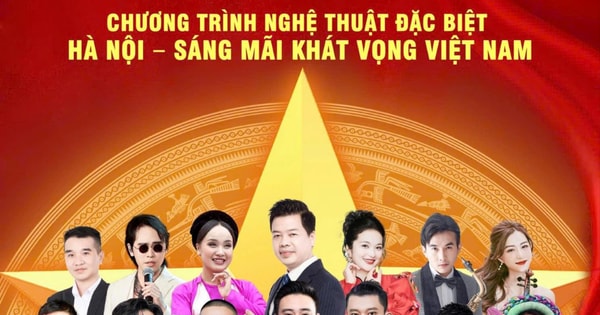
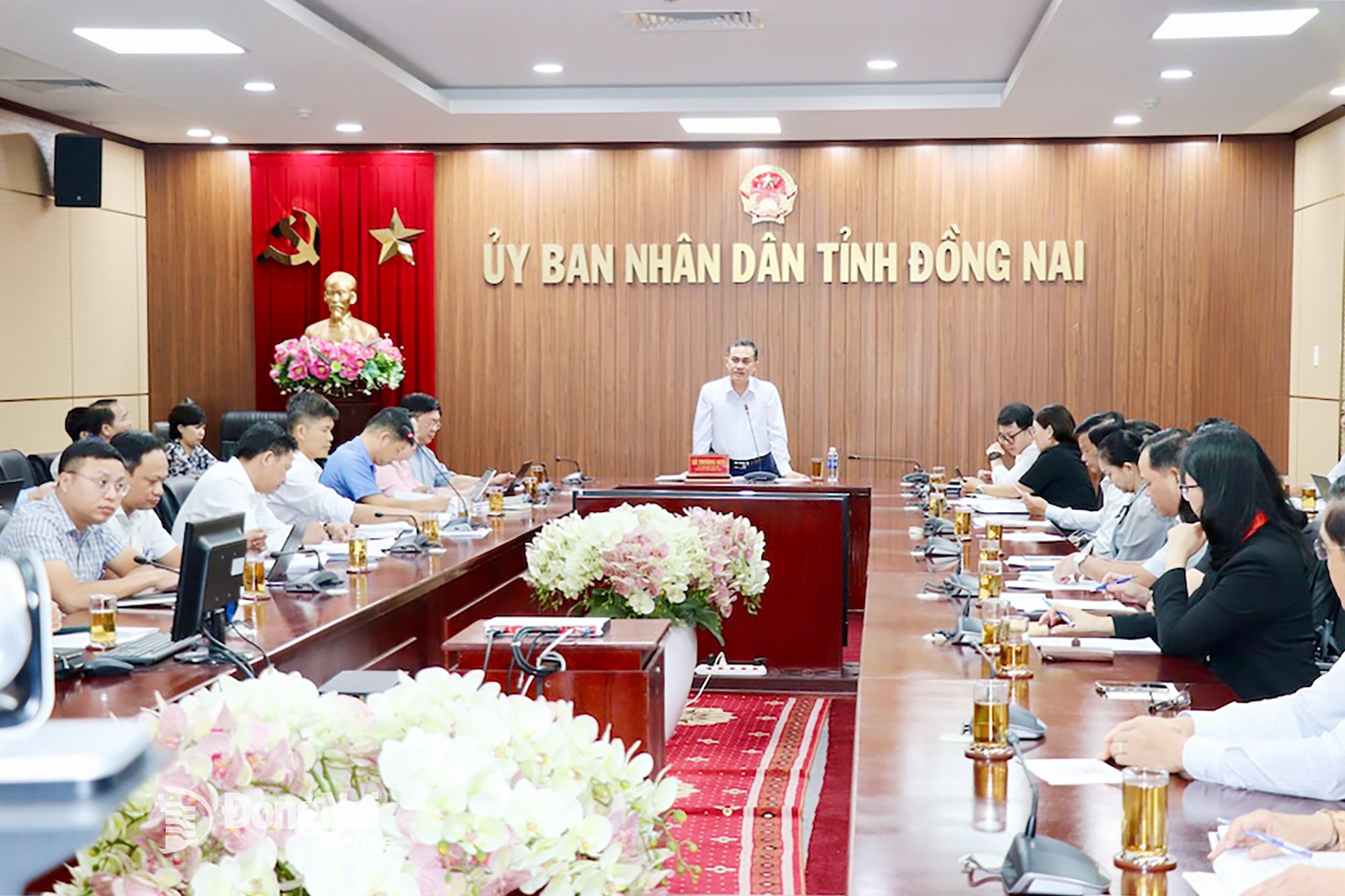
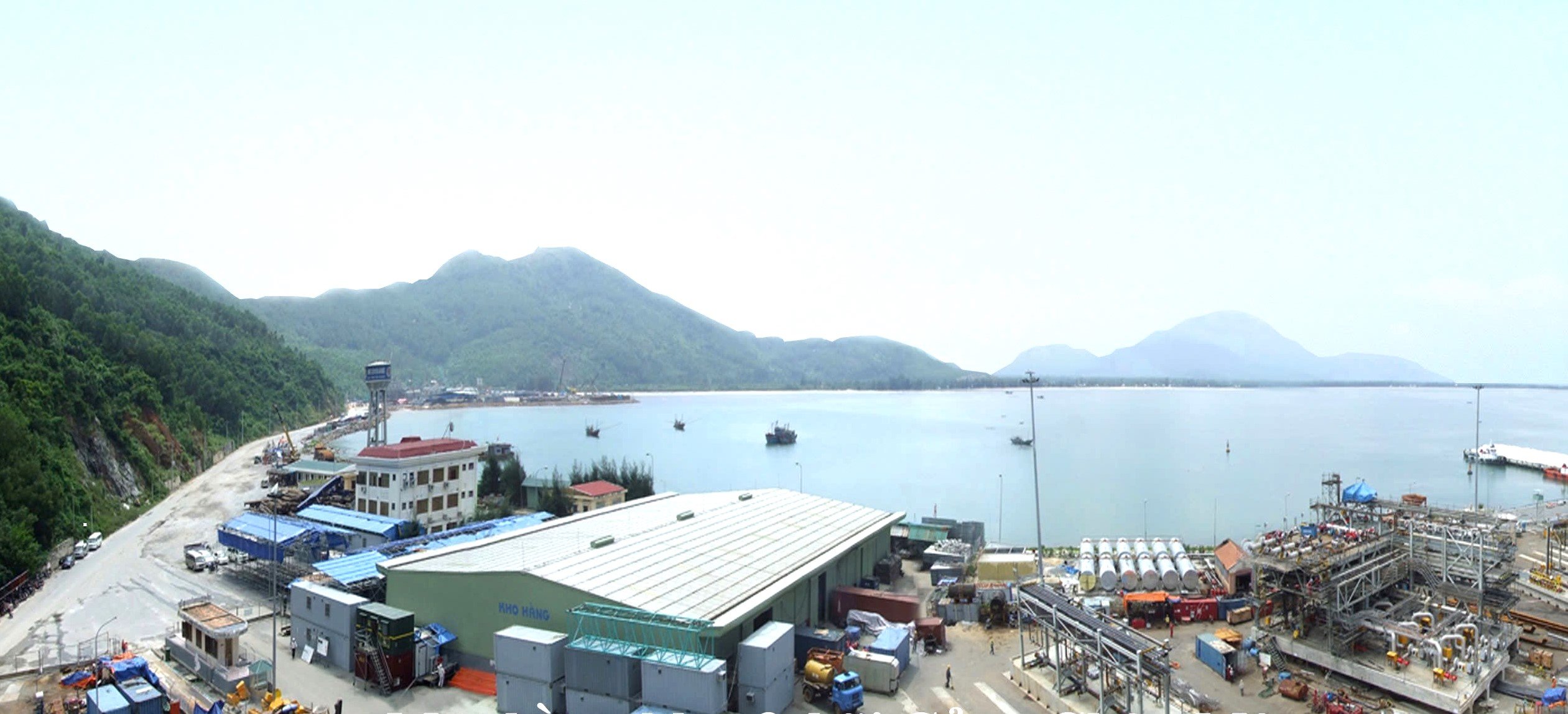

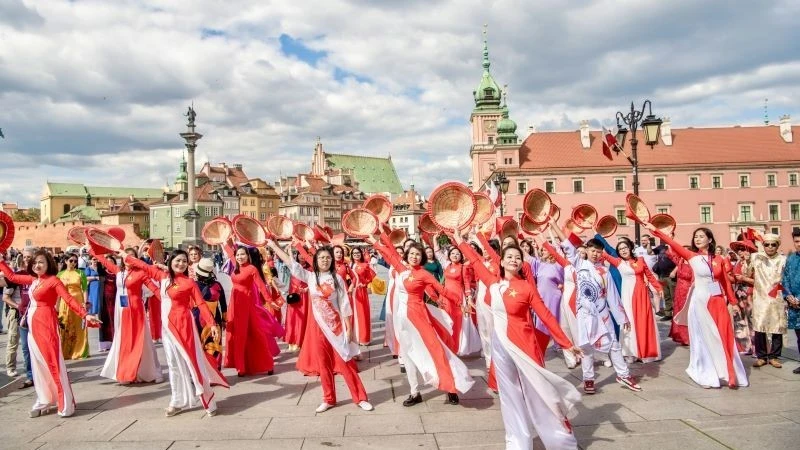










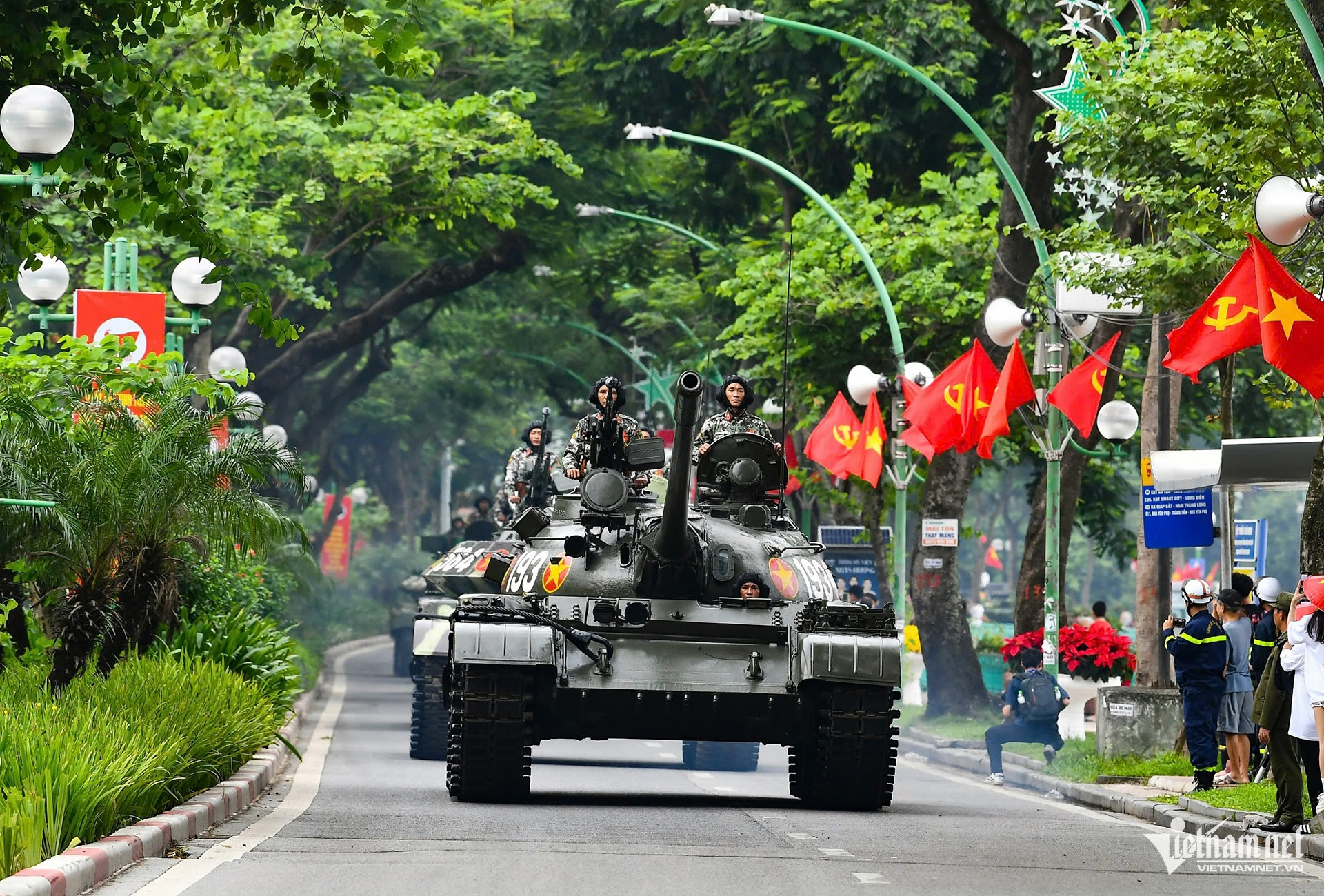

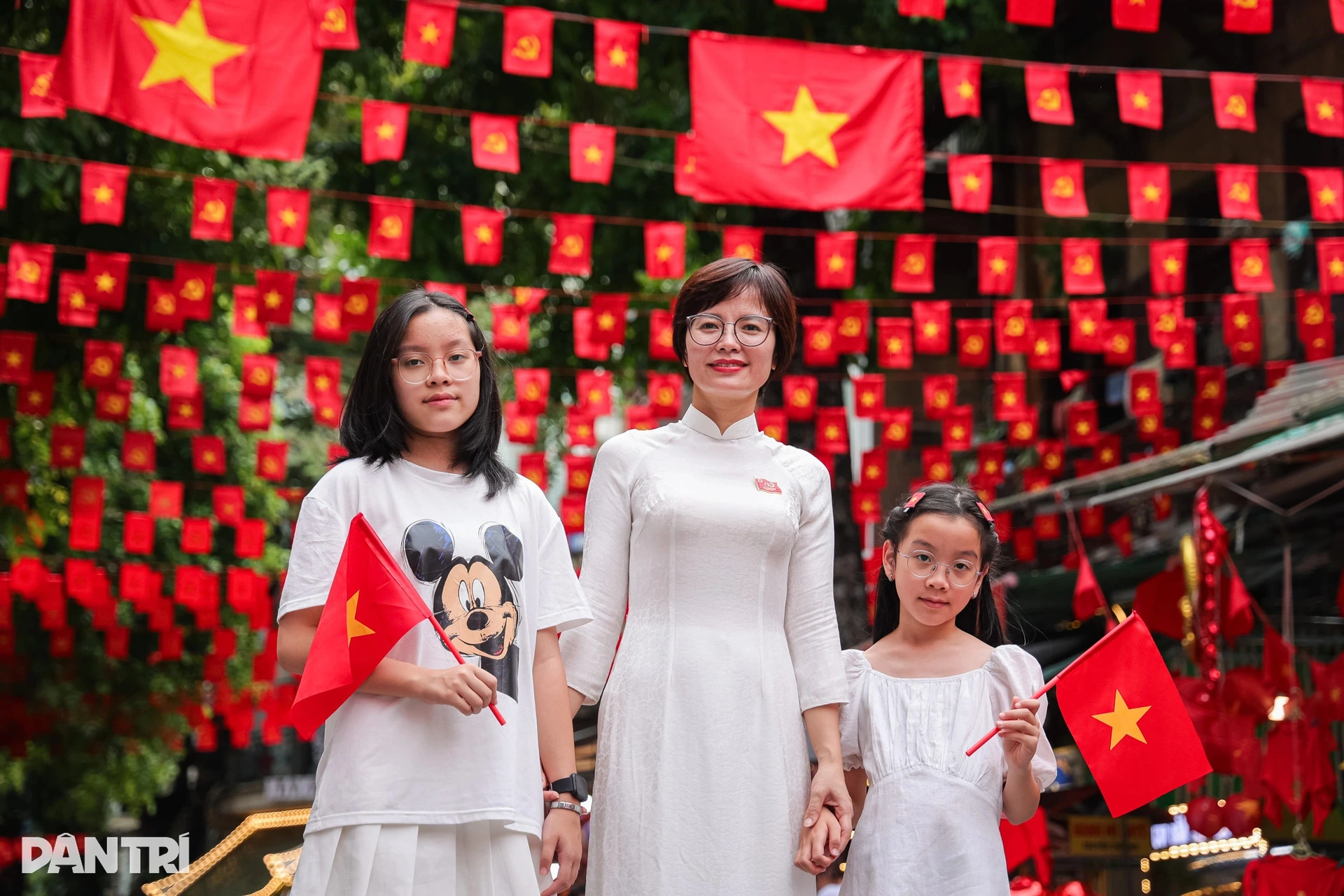

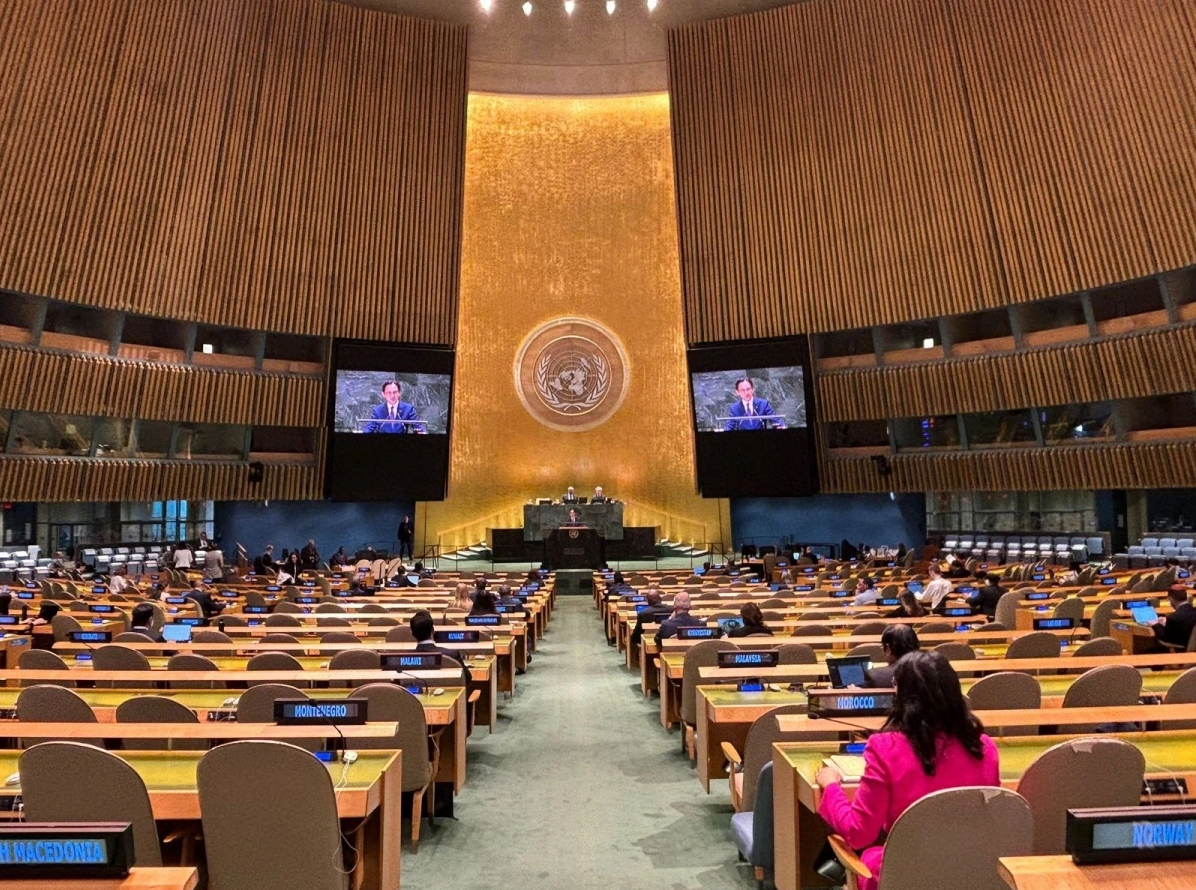
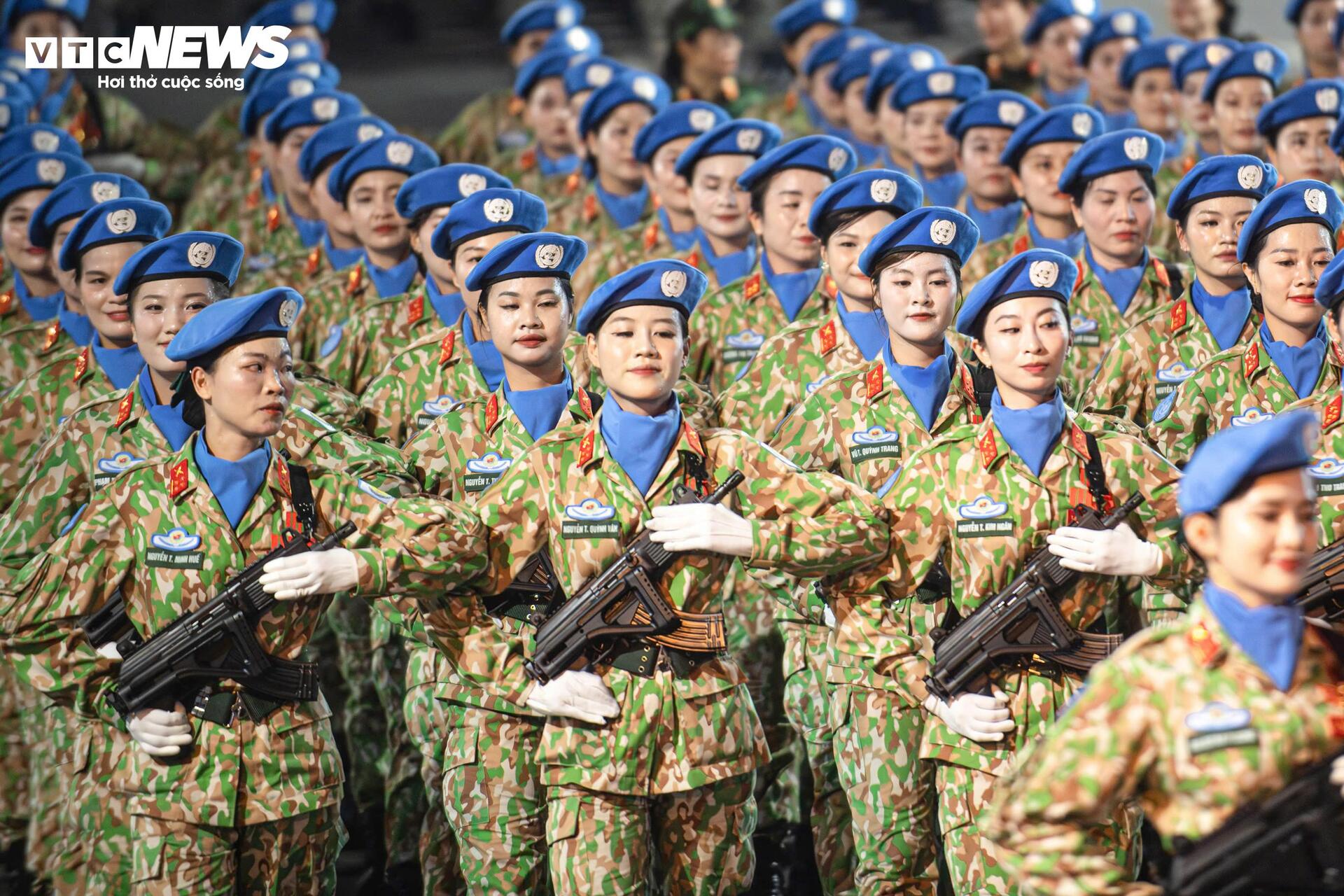
![[Photo] Scientific workshop "Trade unions with the task of participating in state management and building a socialist rule of law state"](https://vstatic.vietnam.vn/vietnam/resource/IMAGE/2025/8/22/789f6384ec37466098a8bcb531deb281)


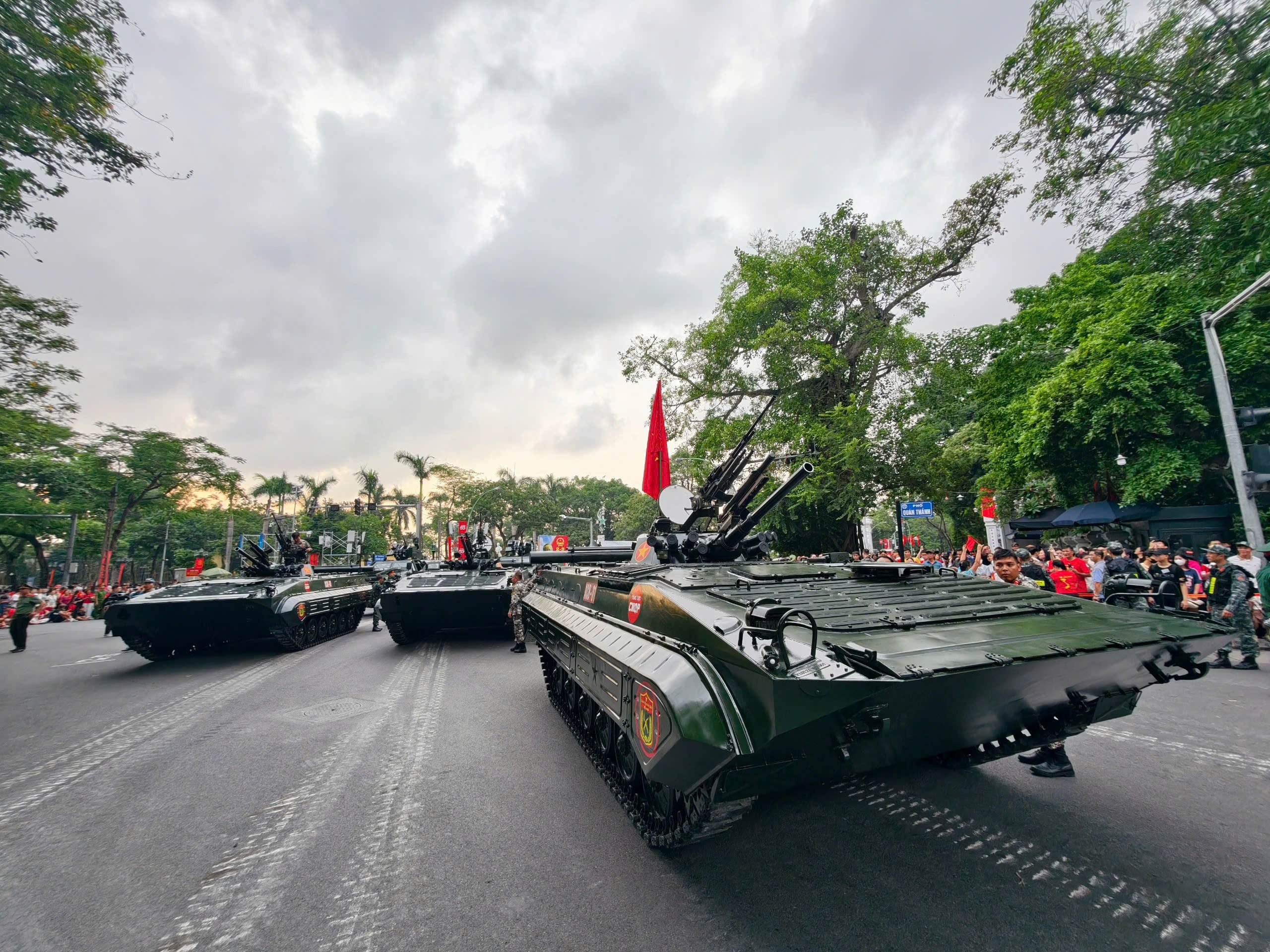


















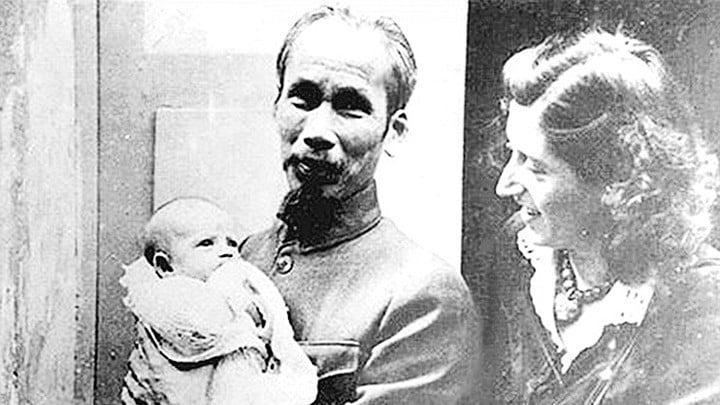










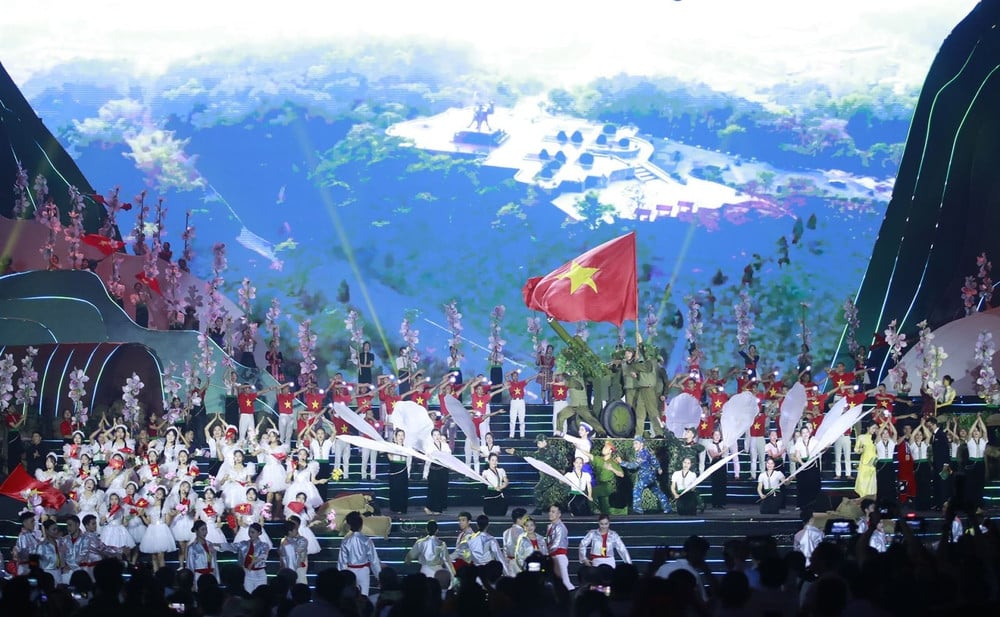


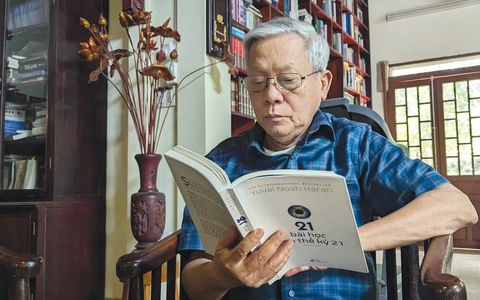
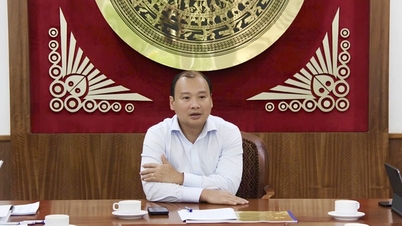



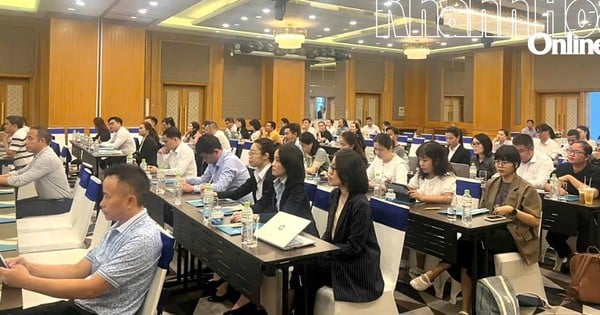


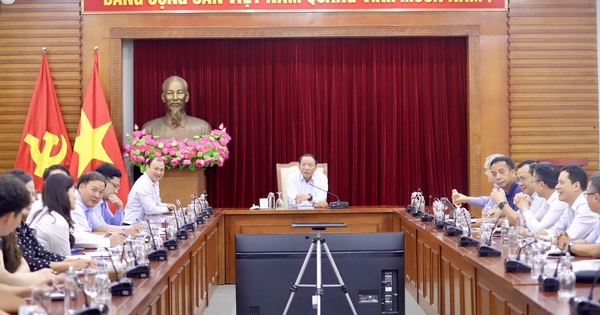
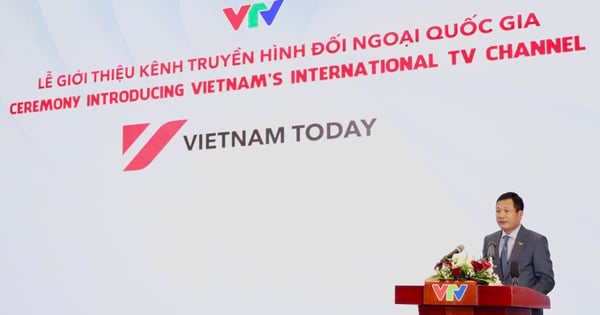
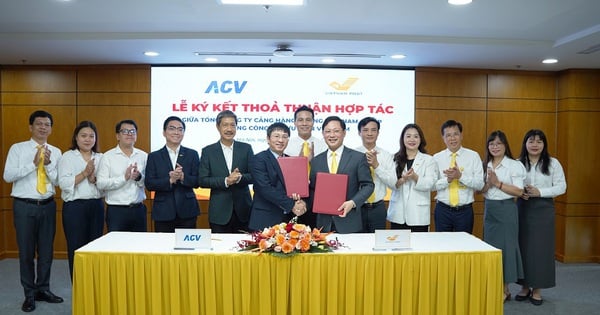

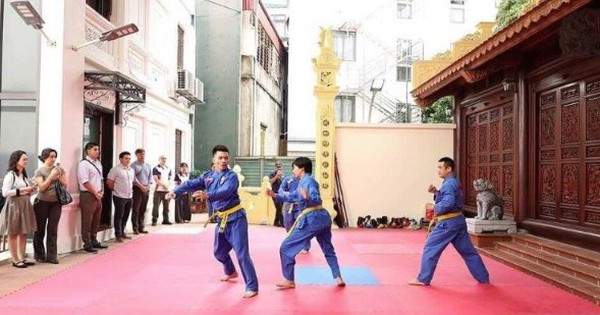











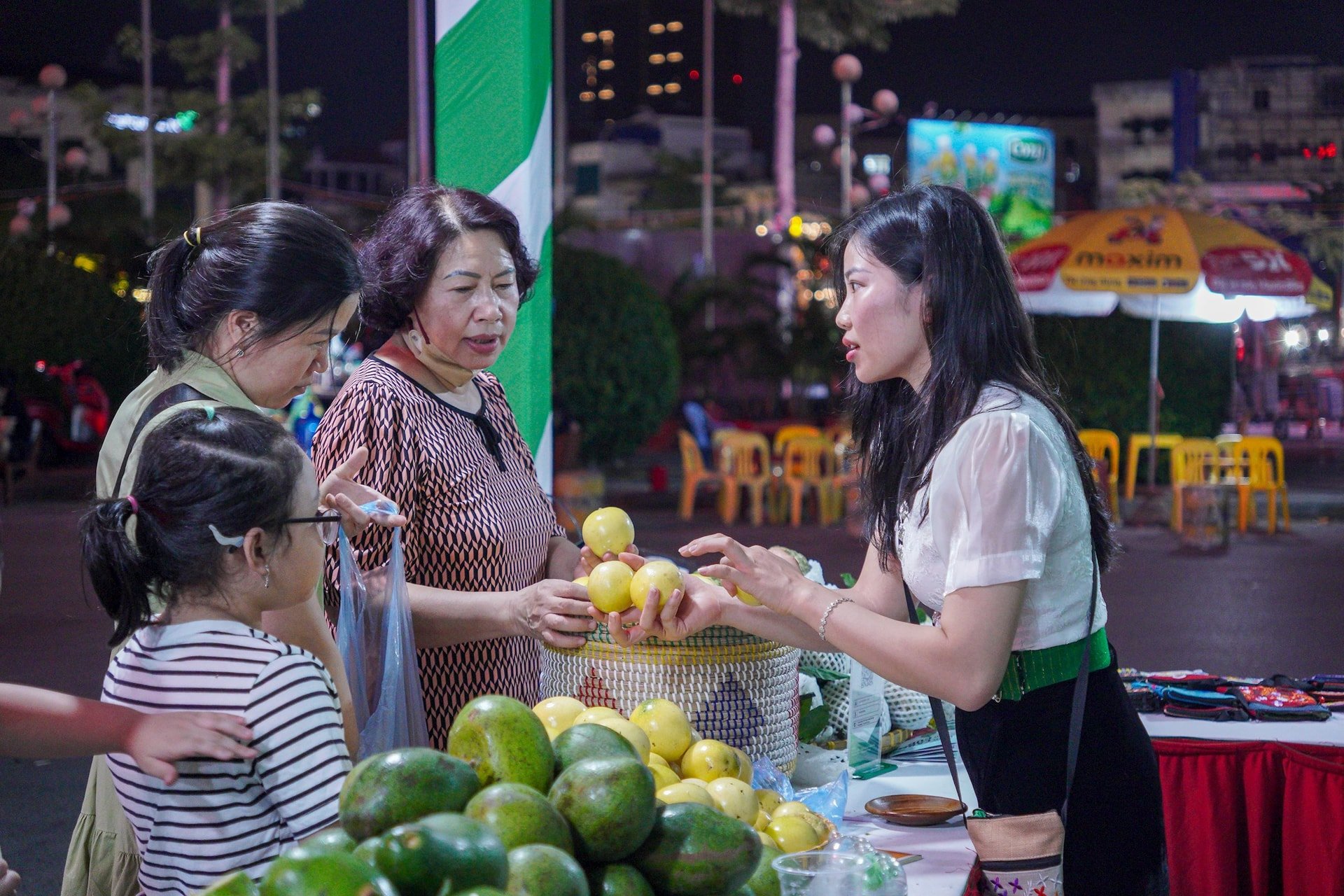

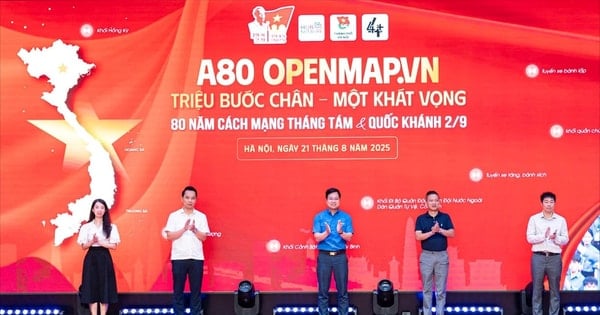

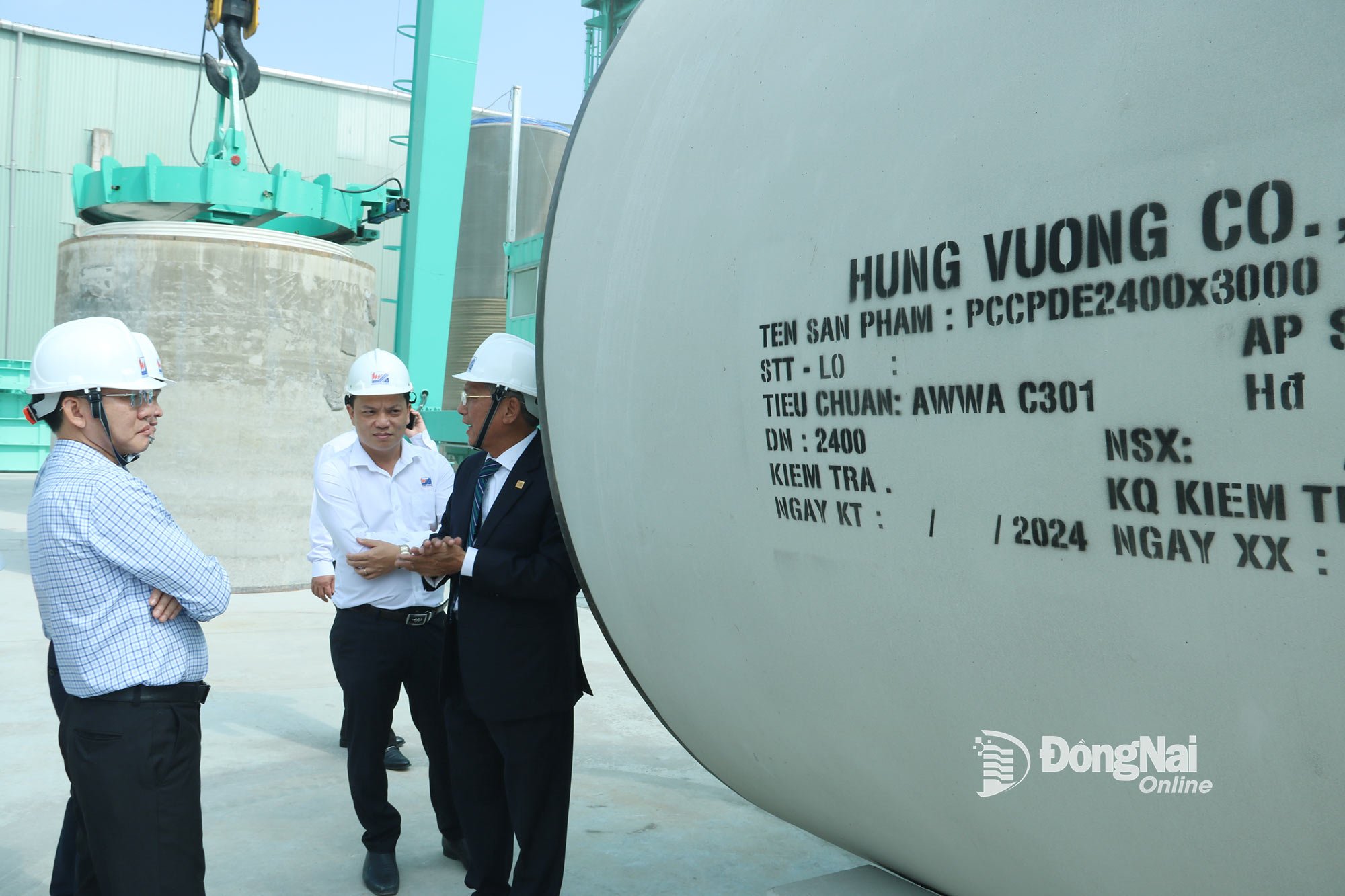






Comment (0)